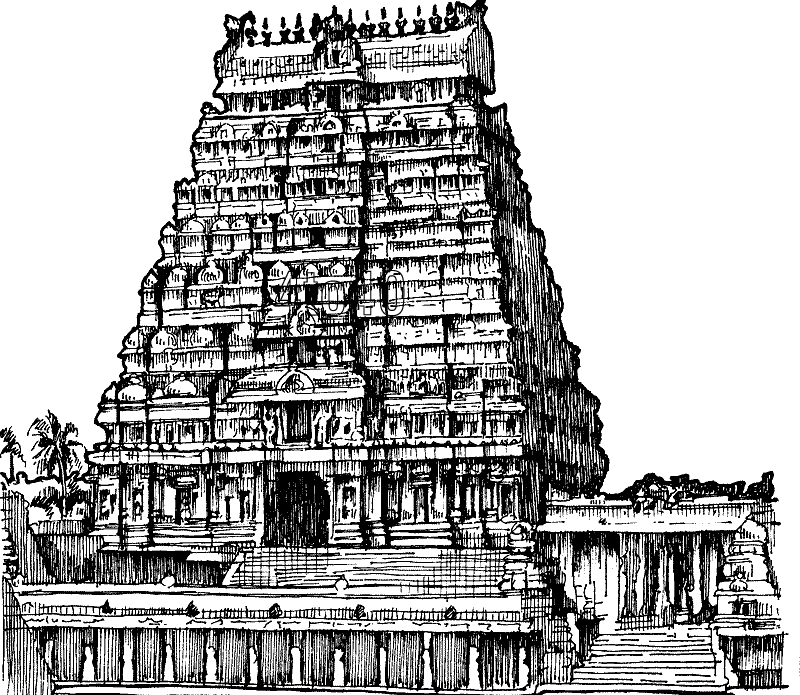LALITHA SAHASRANAMAM - Namah # 118
- S Subramaniam
- Nov 29, 2022
- 2 min read
LALITHA SAHASRANAMAM
@ S. Subramaniam

भक्ति प्रिया (118)
Bhakti Priya (118)
Meaning:
Devi is fond of the Bhakti (devotion) expressed by her devotees.
Interpretation:
Here Bhakti means devotion and Priya means fondness. Therefore the namah should be understood to mean Devi is fond of devotion.
The point driven home by this namah is that nothing can prevent a true steadfast devotee to realize Devi despite the hurdles he faces. Devi is delighted at such a kind of deep devotion and is fond of such devotees. Devotees here means those who worship Devi through their minds i.e meditation.

Adi Shankara on Bhakti
I am quoting here two verses, one from Shivananda Lahari and the other from Viveka Chudamani, both composed by Adi Shankara in which the sage gives a detailed description about what Bhakti stands for.
Verse # 61 - Shivananda Lahari
चेतोवृत्तिरुपेत्य तिष्ठति सदा सा भक्तिरित्युच्यते ॥ ६१॥
Cheto Vṛuttir Upetya Tishṭati Sada ss Bhaktir iti Uchyate 61
The way a needle gets attracted by a magnet, the way a creeper seeks a tree for support, the way a river unites with the ocean and the way the mind seeks the lotus feet of Lord Shiva are examples of devotion.
Verse # 31 Viveka Chudamani
मोक्षकारणसामग्र्याम भक्तिरेव गरियासी |
स्वस्वरूपानुसंधानं भक्तिर्यभिधीयते || 31 ||
Mokṣha Karaṇa Samagryaṃ Bhaktireva Gariyasi Svasvarupa Anusandhanaṃ Bhaktir Abhidhiyate ||
Among things conducive to liberation, devotion (Bhakti) holds the supreme place. The seeking after one’s real nature is designated as devotion.
Author's notes:
Prahalada replies to his father Hiranyakashyap the nine different forms of bhakti known as Nava Vidha Bhakti. I found this description of Nava Vidha Bhakti, citing nine different characters from Ramayana very interesting and am sharing it here:

1.Sravanam (hearing the name of God) - Hanuman
2. Kirtanam (chanting the name of God) - Valmiki
3. Smaranam (remembering the God always) - Sita
4. Pada sevanam (worshing the feet of God) - Bharata
5. Archanam (worship of the God) Sabari
6. Vandanam (offering prayers to God) - Sages of Dandakaranya
7. Dasyam (becoming the servant of God) - Lakshman
8. Sakhyam (to become a friend of God) - Sugreeva
9. Atma Nivedanam (complete surrender before God) - Vibhishan.
Disclaimer: All matters contained in this article are the property of www.templesofasia.com. The opinions expressed in this article are purely that of the author. The author alone is responsible for the accuracy, authenticity, completeness and validity of all the information in the article.


Comments